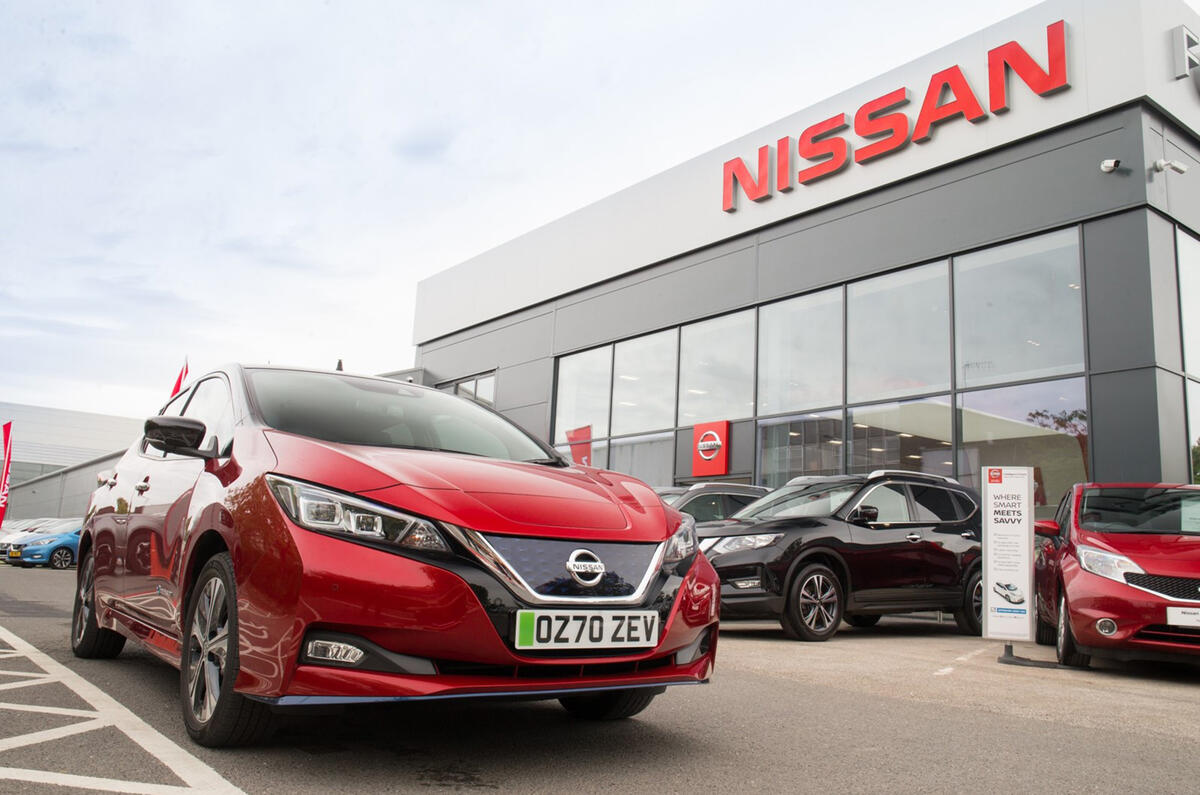Automotive industry bosses have called for incentives to help private buyers switch to electric vehicles, claiming that it is vital to ensure continued investment in the UK car production.
The Society of Motor Manufacturers and Traders (SMMT) says the UK automotive manufacturing sector has secured around £20 billion of investment this year, compared with a total of £16.2bn in the previous seven years combined.




Add your comment